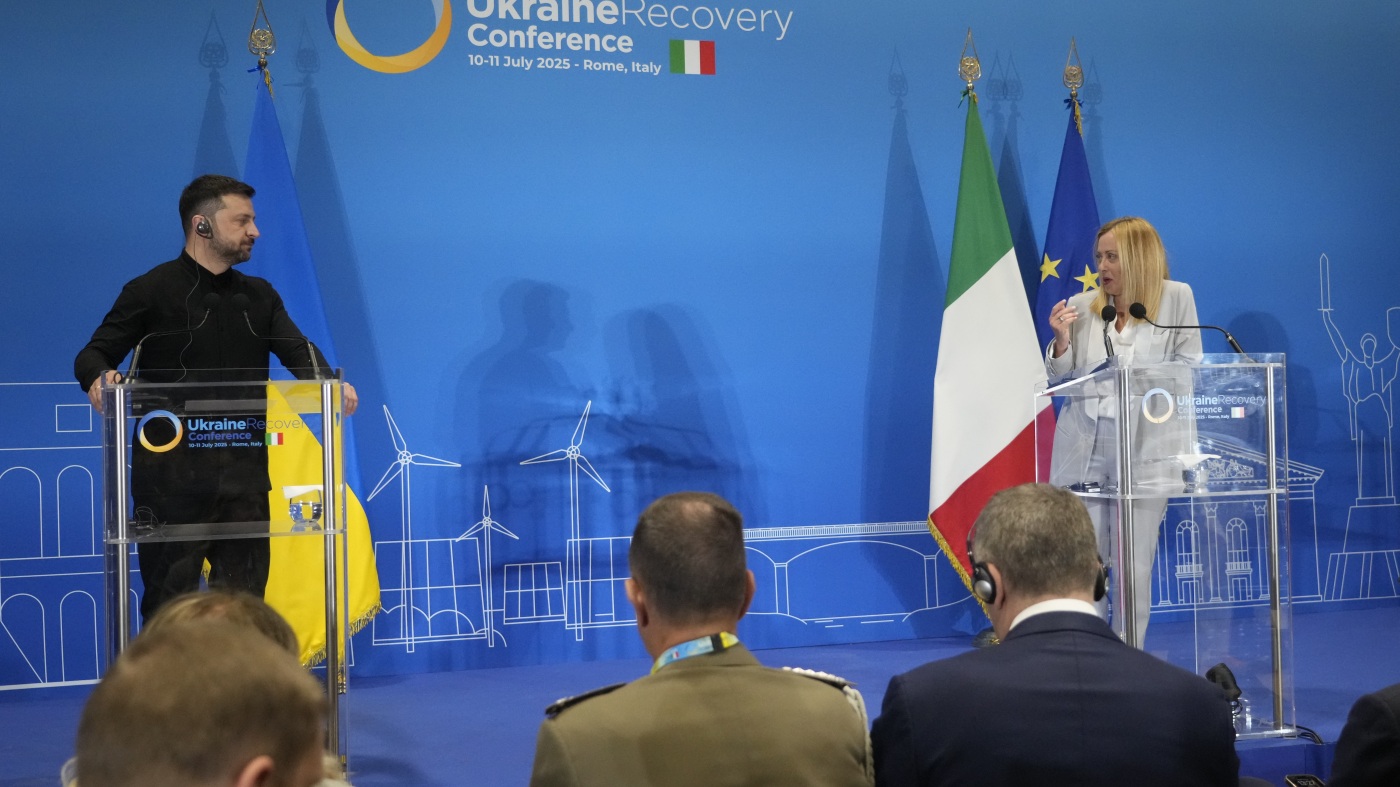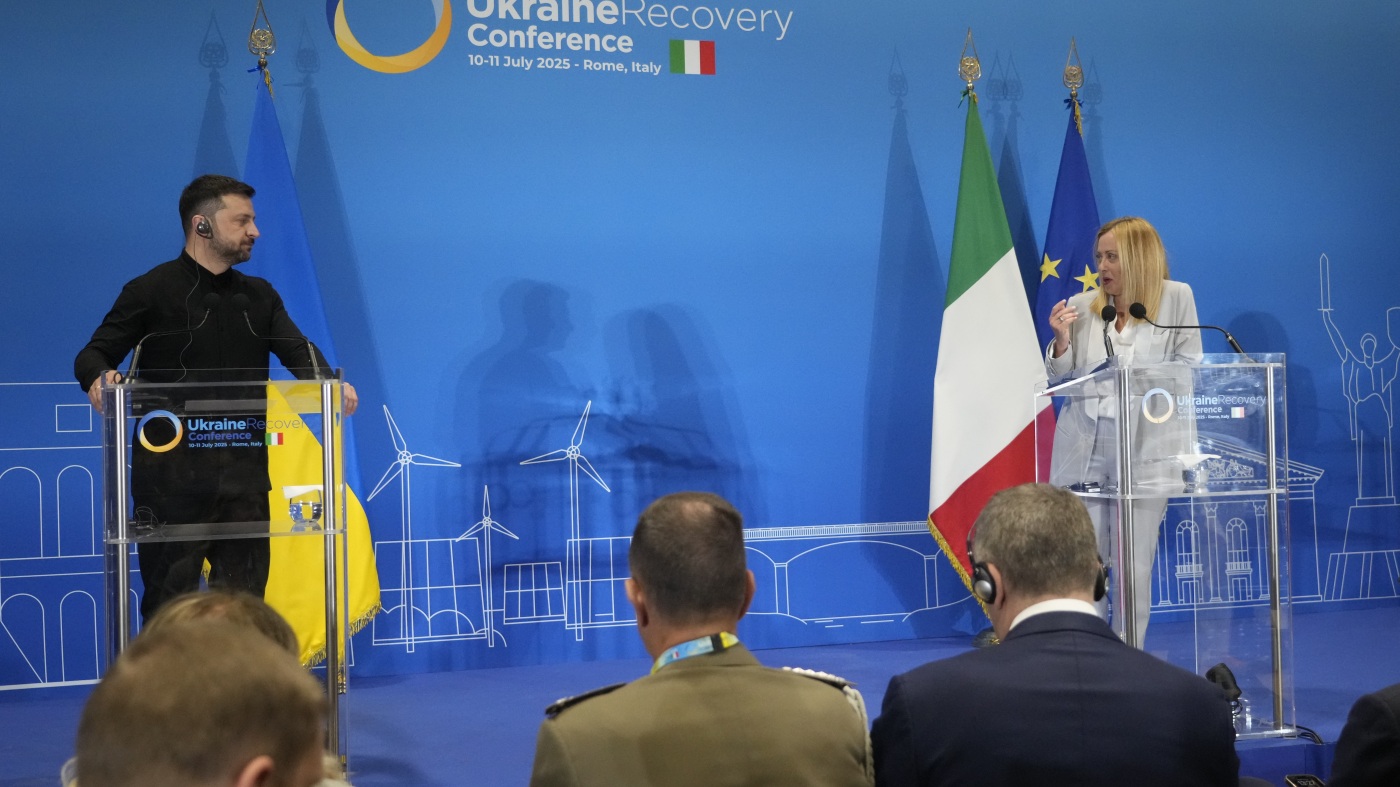The specter of war casts a long shadow, and the conflict in Ukraine is no exception. Yet, even amidst the devastation, glimmers of hope emerge, fueled by international cooperation and a shared commitment to peace. Recent developments indicate that European allies are intensifying their efforts to establish a future stabilization force for Ukraine, a move that underscores their determination to secure the nation’s future. With the United States also participating in these discussions, a unified front is being presented, signaling a strong message to Russia and a promise of support to Ukraine. This initiative, while still in its planning stages, represents a significant step towards ensuring stability and security in a post-conflict Ukraine.
Laying the Groundwork: A Headquarters in Paris
Central to this initiative is the decision to establish a headquarters in Paris. This strategic location will serve as the command center for the rapid deployment of troops once hostilities cease. Paris, with its central location within Europe and its robust infrastructure, offers an ideal base for coordinating the logistical and operational aspects of the stabilization force. The establishment of this headquarters signifies a concrete commitment from European allies to provide tangible support to Ukraine in the aftermath of the war. It will function as the nerve center, orchestrating the movement of personnel and resources, and ensuring a swift and effective response to any emerging threats or instability.
The choice of Paris as the headquarters location is not arbitrary. The city’s historical role as a diplomatic hub and its proximity to key European institutions make it an ideal choice for coordinating international efforts. Additionally, France’s strong military capabilities and experience in peacekeeping operations further enhance its suitability for this role. The headquarters will likely house a multinational staff, including military personnel, diplomats, and experts in various fields, all working towards the common goal of stabilizing Ukraine.
The Role of the United States: A Transatlantic Alliance
The presence of a U.S. delegation at these talks marks a significant development, underscoring the transatlantic alliance’s commitment to Ukraine’s security. While the exact nature of U.S. participation remains to be seen, their involvement signals a willingness to contribute to the stabilization effort, whether through financial aid, logistical support, or even the potential deployment of personnel. The U.S.’s involvement provides additional weight and credibility to the initiative, sending a strong message of solidarity to both Ukraine and Russia.
The United States’ participation in the stabilization force is not just symbolic but also practical. The U.S. has extensive experience in peacekeeping and stabilization operations, having led similar efforts in various conflict zones around the world. This expertise can be invaluable in ensuring the success of the stabilization force in Ukraine. Furthermore, the U.S.’s financial and military resources can significantly bolster the force’s capabilities, making it more effective in its mission.
Beyond Military Presence: A Holistic Approach to Stabilization
While the deployment of troops is a critical component of the stabilization force, the initiative must extend beyond a purely military presence. True stability requires a holistic approach that addresses the multifaceted challenges facing Ukraine. This includes:
Economic Recovery
Rebuilding infrastructure, revitalizing the economy, and creating job opportunities will be crucial to ensuring long-term stability. The stabilization force can play a role in securing reconstruction efforts and providing a safe environment for economic activity to resume. This includes supporting the restoration of critical infrastructure such as roads, bridges, and utilities, as well as facilitating the return of businesses and industries to pre-war levels of operation.
Political Reconciliation
Addressing deep-seated divisions within Ukrainian society and fostering national unity will be essential for preventing future conflicts. The stabilization force can support efforts to promote dialogue, reconciliation, and inclusive governance. This may involve facilitating negotiations between different political factions, supporting the development of a national reconciliation process, and promoting the inclusion of all segments of society in the political process.
Security Sector Reform
Strengthening Ukraine’s security institutions, including its military and law enforcement agencies, will be vital for ensuring its long-term security. The stabilization force can provide training, equipment, and expertise to help Ukraine build a more effective and accountable security sector. This includes supporting the professionalization of the military, improving the capabilities of law enforcement agencies, and ensuring that security institutions are accountable to the civilian government.
Humanitarian Assistance
Addressing the humanitarian needs of the Ukrainian people, including refugees, internally displaced persons, and those affected by the conflict, will be paramount. The stabilization force can assist in the delivery of humanitarian aid, the provision of medical care, and the resettlement of displaced populations. This includes supporting the establishment of temporary shelters, providing medical supplies and personnel, and facilitating the return of displaced persons to their homes.
De-mining Operations
Clearing landmines and unexploded ordnance will be crucial for ensuring the safety of civilians and enabling reconstruction efforts. The stabilization force can provide specialized personnel and equipment to support de-mining operations. This includes training local personnel in de-mining techniques, providing the necessary equipment and resources, and coordinating with international organizations to ensure the safe and effective clearance of mines and unexploded ordnance.
The Road Ahead: Challenges and Opportunities
The path towards establishing a successful stabilization force for Ukraine is fraught with challenges. One of the primary obstacles is the uncertainty surrounding the future trajectory of the conflict. The duration and intensity of the war will significantly impact the scope and nature of the stabilization effort. Furthermore, securing the necessary resources and political support from participating countries will be essential for ensuring the force’s effectiveness.
Despite these challenges, the initiative also presents significant opportunities. It offers a chance to:
Demonstrate European Unity
The establishment of a joint stabilization force can serve as a powerful symbol of European unity and solidarity in the face of aggression. This can help to strengthen the European Union and NATO, and demonstrate their commitment to collective security and defense.
Strengthen Transatlantic Relations
The collaboration between European allies and the United States on this initiative can help to strengthen transatlantic relations and foster a common approach to addressing global security challenges. This can help to ensure that the West remains united in the face of common threats and challenges.
Support Ukraine’s Sovereignty and Territorial Integrity
The stabilization force can play a crucial role in deterring future aggression and ensuring Ukraine’s sovereignty and territorial integrity. This can help to ensure that Ukraine remains a sovereign and independent state, free from external interference and aggression.
Promote Regional Stability
By helping to stabilize Ukraine, the initiative can contribute to broader regional stability and prevent the conflict from spilling over into neighboring countries. This can help to ensure that the conflict does not escalate into a wider regional or even global conflict.
A Future Forged in Resilience
The creation of a European-led stabilization force, with the backing of the United States, represents a significant step towards ensuring a secure and prosperous future for Ukraine. While challenges undoubtedly lie ahead, the commitment and cooperation demonstrated by these allies offer a beacon of hope amidst the darkness of war. This initiative, when implemented effectively, will not only safeguard Ukraine’s sovereignty but also pave the way for lasting peace and stability in the region. It’s a testament to the unwavering belief in the power of unity and the enduring pursuit of a world where nations can thrive in peace and security.








